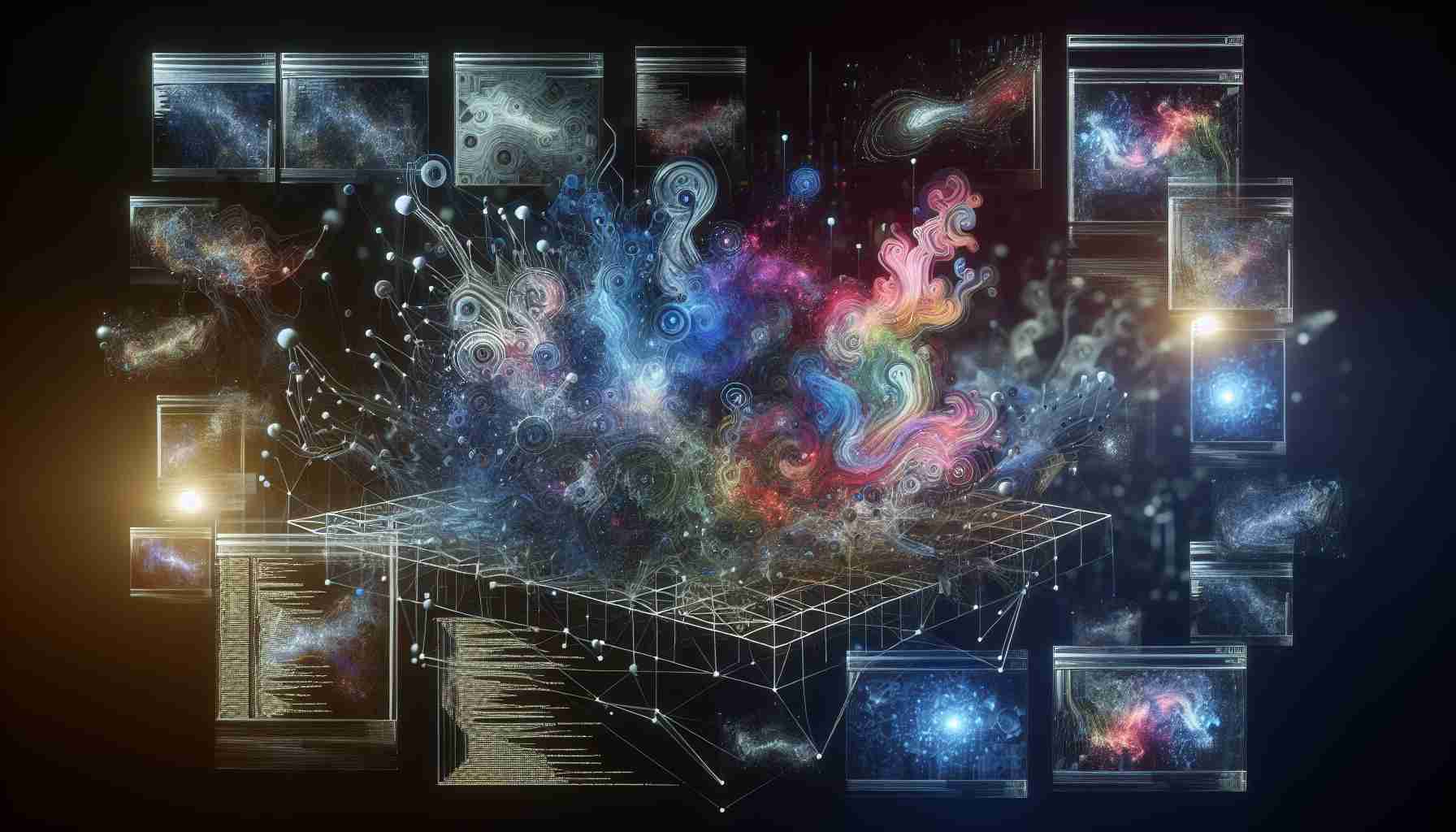Embracing the Renaissance of Artificial Creativity
The rise of generative artificial intelligence (AI) is heralding a new age in the field of creativity, fundamentally disrupting long-held notions about the authenticity of photography as the definitive representation of reality. Generative AI, with its power to create images, text, and videos, is offering a fresh perspective on what constitutes real versus artificial.
The Photograph: A Reflection, Not Reality
Traditionally, a photograph has been regarded as tangible proof that an event or object exists, a mindset that still drives countless paparazzi in pursuit of visual evidence today. However, the advent of generative AI has ignited a reevaluation of photography’s role, affirming that it is, in fact, an art form that draws from reality rather than defines it.
Generative AI: A Canvas for Modern Creators
Generative AI is not just technology; it is envisioned as a novel instrument for creators, one that enhances efficiency by offloading mundane tasks that stifle creative flow. In this digital renaissance, over 90% of the imagery we encounter may soon be crafted by AI, according to trends forecasted for the year 2025. This transformative shift broadens the canvas for human ingenuity rather than replacing it.
Preparing for a World Crafted by Prompts
In the near future, creating a custom mobile application, generating a personal news digest, or designing a targeted advertising campaign could be as simple as issuing a prompt to an AI. This integration of technology into creative domains underscores an urgent need to revisit and reinforce educational curriculums with a stronger emphasis on the humanities and ethical considerations. Indeed, art, literature, history, and philosophy are poised to become more essential than ever as they guide our engagement with, and understanding of, these new tools.
Inventive Intelligence and the Human Essence
While AI is initially designed to mimic and replicate human creativity, it is rapidly evolving towards genuine innovation. This advancement may soon find AI capable of artistic and strategic thought, challenging the notion that creativity and emotionality are exclusive realms of human intelligence. Adapting to this reality involves not only elevating our creative standards but also redefining humanity’s role in an AI-driven world.
Expanding upon Generative AI and Creative Expression
The Legal and Ethical Implications
Generative AI raises significant legal and ethical questions, especially regarding copyright and intellectual property rights. For example, if an AI creates a piece of artwork, who owns the copyright – the AI, its programmer, or the user who prompted the creation? Another emerging controversy involves the potential misuse of AI in deepfakes, which can cause misinformation or reputational damage.
AI in Collaboration with Human Creativity
One of the most exciting prospects is the collaboration between AI and human artists, where AI serves as a co-creator or a tool that provides new possibilities for human expression. Some artists fear being overshadowed by AI, while others embrace it for pushing the boundaries of what can be achieved creatively.
Key Challenges of Generative AI
1. Authenticity and Trust: How can we ensure the authenticity of digital content when generative AI makes it easy to create realistic fabrications?
2. Job Displacement: Will generative AI displace creative professionals, and how can society mitigate the impact on employment?
3. Bias and Fairness: How do we prevent AI from perpetuating or amplifying existing biases in the data it’s trained on?
Advantages and Disadvantages of Generative AI
The advantages include increased productivity, the democratization of creativity, and the ability to generate personalized content at scale. Disadvantages involve ethical dilemmas, potential job losses in creative fields, and the spread of misinformation through AI-generated content.
Related Links
To learn more about Generative AI and its implications, you may visit the following main domains:
– OpenAI, known for their advanced AI models like GPT and DALL-E.
– DeepMind, specializing in AI research and application for positive impact.
– NVIDIA, which creates powerful GPUs that support deep learning and AI tasks.
Please ensure you’re accessing the latest resources from credible entities and staying informed about the ever-evolving landscape of generative AI.

